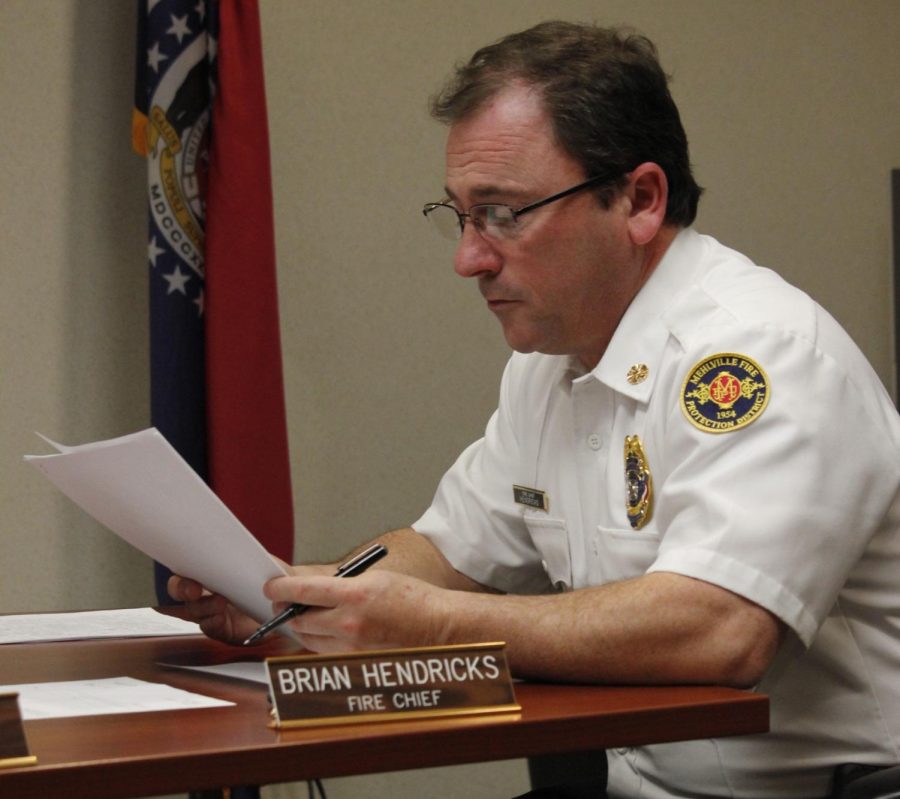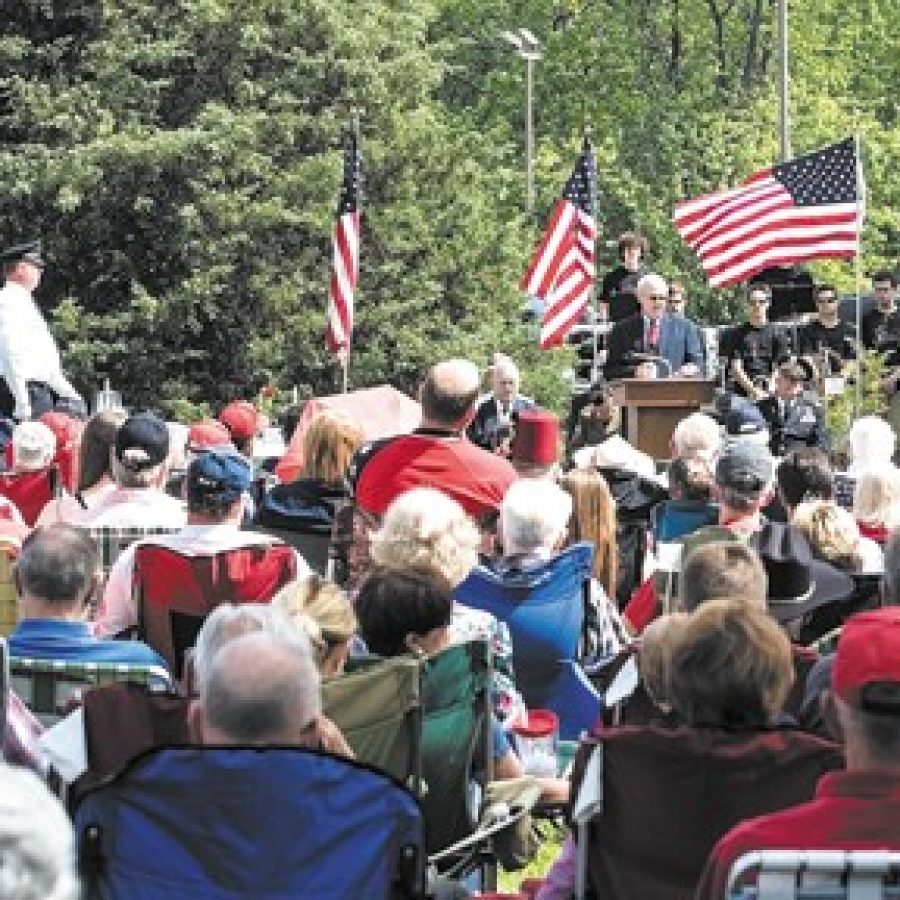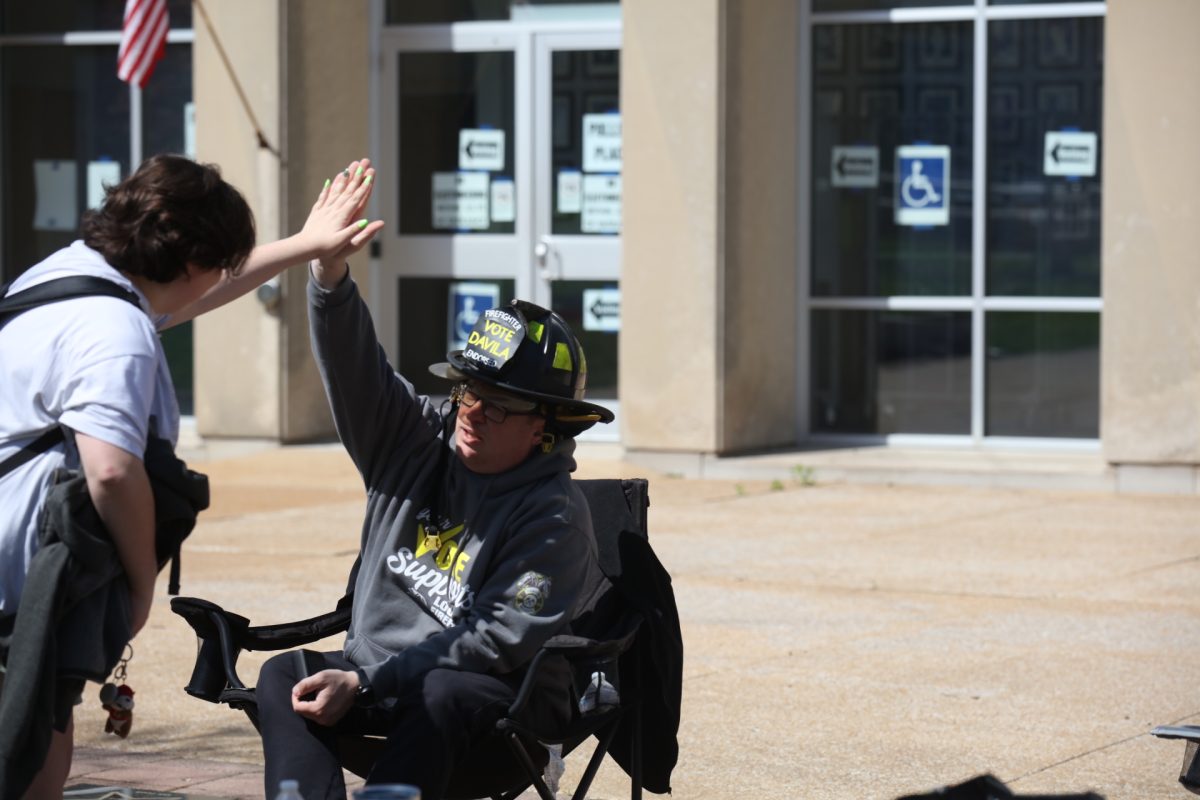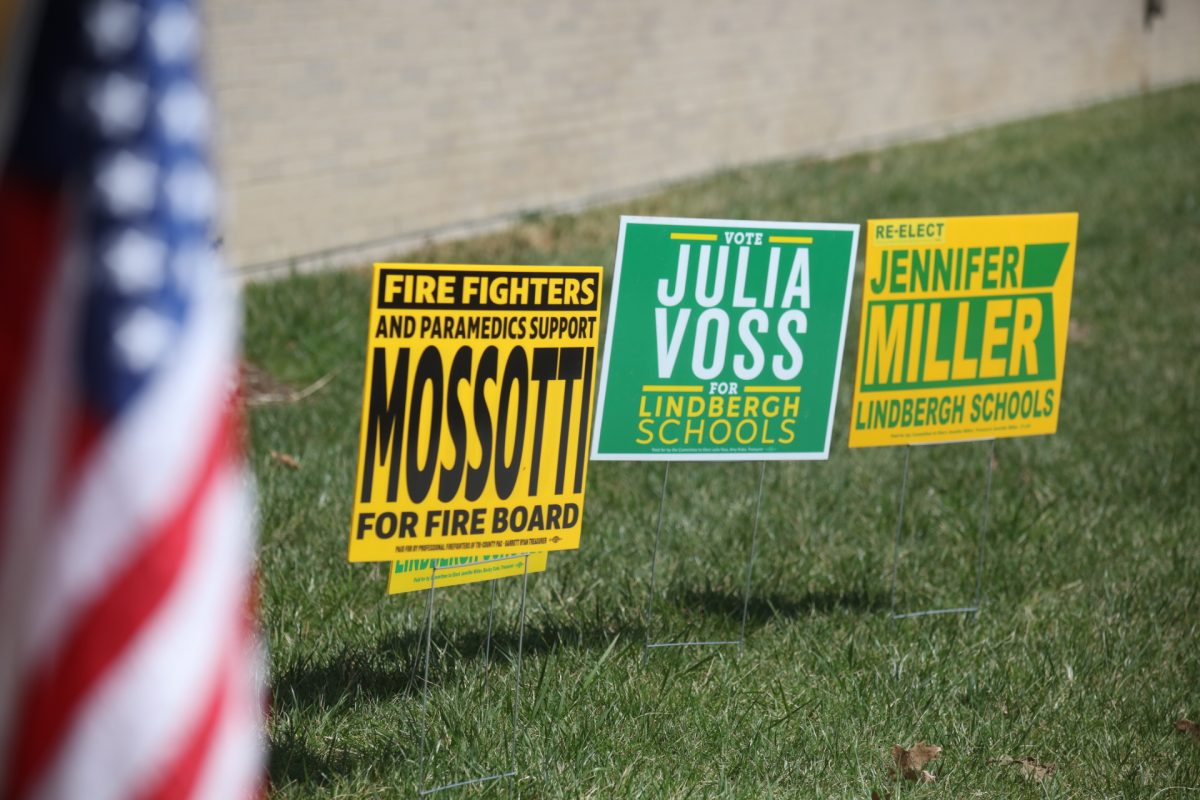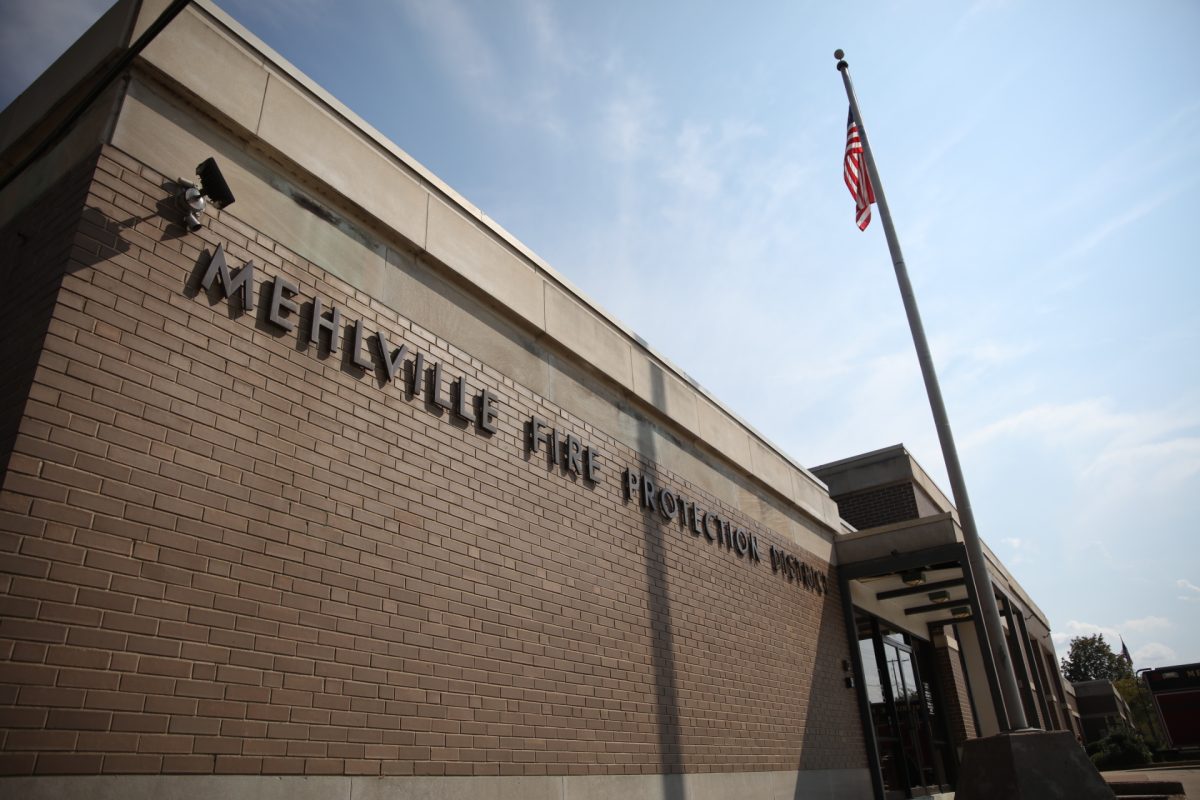With an uncertain financial future highlighted by the ongoing COVID-19 pandemic, the Mehlville Fire Protection District has a deficit budget for the first time in many years. The MFPD Board of Directors unanimously passed a $24.18 million budget for 2021 that has a $1.41 million deficit.
“Not a lot went our way when developing this budget, so you’re going to see kind of a recurring theme and that’s that ‘Hey, that didn’t go our way,’” said Chief Financial Officer Brian Bond at the Dec. 23 board meeting.
The fire district may have some tough financial challenges ahead, the CFO noted.
“While many factors worked against the 2021 budget, the good news is that residents of the district are receiving an enhanced level of service. 2022 will be a reassessment year which will hopefully provide additional tax revenue,” Bond said. “But it’s important for us to note that future budgets will be faced with similar challenges. Unfortunately the level of expenses we’re at, that’s kind of the neighborhood we live in.”
The budget projects revenues totaling $22.77 million with expenditures of $24.18 million. The general fund deficit of $1.21 million will be funded through reserves.
The district’s fund balance policy requires that reserves are maintained at 17 percent of annual operating and expenditures and, based on the 2021 budget, that would be $3.72 million. The general fund is forecasted to have $8.5 million in reserves.
“Even though we are going to spend a million two in reserves, we still should have approximately $8.5 million when December 2021 rolls around,” said Bond. “So we’re still well above the … mark that our internal policy requires.”
Tax revenue is projected at $18.27 million, a $96,000 increase from 2020 based on the rates passed by the district last September.
Since 2020 was a non-reassessment year, the district was “limited in the growth it could recognize,” said Bond.
Other revenue is projected for a $211,000 increase, which includes a decrease in interest income and permit fees; $520,000 more in Emergency Medical Services billing due to participation in the Ground Emergency Medical Transport, or GEMT, Cost Reimbursement Program; and $175,000 in additional revenue from the Medicaid pilot project and fees for COVID-related services.
Bond said that a number of things worked against the district financially in 2020, including returns on the district’s investments that have “completely” disappeared due to low interest rates, in addition to some delays with the reconstruction of Lindbergh High School, leading to a loss in permitting fees.
Some capital expenditures will be funded with an $894,000 transfer from the general fund, including $100,000 set aside for construction reserves for future renovations of Engine Houses No. 6 and No. 7.
Another $281,000 will be used to purchase an ambulance, as well as make a $300,000 payment in an installment for the purchase of a pumper.
“We put aside $275,000 two years ago, so this is kind of getting back close to that … We took a year off purchasing a pumper …. In 2021 we’ll get back to purchasing that pumper,” said Bond. “Another $141,000 is reserved for various fire and EMS equipment.”
Salaries in 2021 will increase $365,000, in part due to the implementation of the 12-hour shift and the hiring of 12 additional employees. Some employees will also have step increases, and there will be a 1.3-percent cost of living increase.
COVID-19 also affected the district’s expenses in unscheduled overtime, which increased to $150,000. The district hopes that with more employees receiving the vaccine that the amount of sick leave will fall, but Bond expects that unscheduled overtime and sick leave will still be a factor this year.
The implementation of a Healthcare Reimbursement Arrangement combined with an increase in premiums equals a $326,000 increase in health insurance benefits.
“Healthcare we’ve talked about … Obviously renewal rates were not as attractive as we hoped,” said Bond. “Unfortunately worker’s compensation also went against us and we had an $81,000 increase because of some new premiums there.”
Highlights of administrative, general overhead, professional fees and other expenditures include a $101,000 increase in property and casualty insurance premiums due to a crash where an underinsured driver hit one of the district’s ambulances. The medical supplies budget includes a $122,000 increase.
Since 2021 is an election year for the fire board, the budget also includes $40,000 in election expenses since there are two candidates on the ballot. Board Treasurer Bonnie Stegman will face retired firefighter Fred Baumgarth in April, hoping to win a fourth term.
Bond outlined the district’s increase in EMS call volume over the past decade. In 2010, the district had 9,674 EMS calls. In 2019, the number of EMS calls graduated to 14,608. Including non-EMS calls, like fire dispatch, total responses from the district increased from 12,616 in 2010 to 16,859 in 2019.
“To respond to this increase in EMS call volume and the recent implementation of the critical (care) paramedics, who received additional training and are providing enhanced levels of patient care, the district implemented several changes … in 2020,” said Bond. “Those include the implementation of four EMS battalion chiefs who provide mentoring, supervision and enhanced level of patient care on high risk calls. There’s certain equipment, certain medication that only they take with them.”
The district also implemented 12-hour critical care paramedics in 2020, which allowed it to add a seventh ambulance into service Monday through Friday during peak call times, as well as adding a sixth and seventh ambulance on peak call times on the weekends, “which obviously provides for more efficient response times,” said Bond.
That change from Chief Brian Hendricks marked the first time the district had seven-day ambulances at all seven firehouses.



